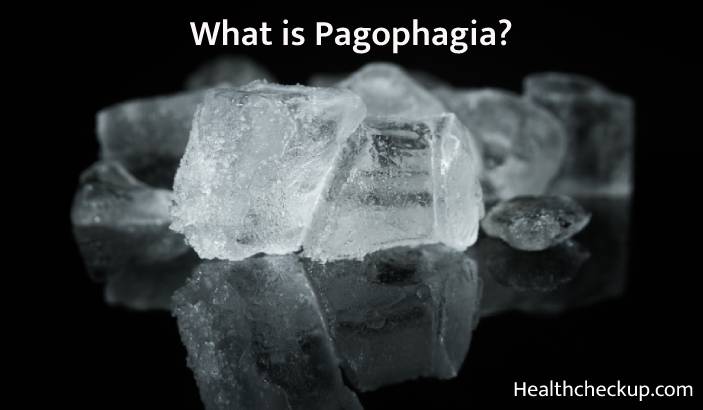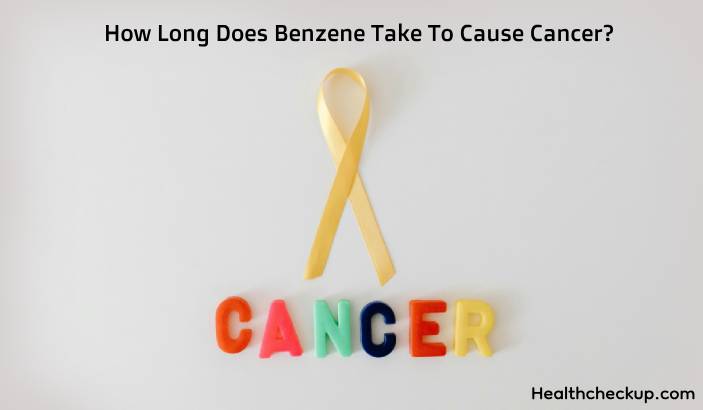Pagophagia is a condition in which patients have an intense urge to chew ice. The condition is not life-threatening but may have complications. There are many causes of this condition, like nutritional deficiency and psychological problems.
Pagophagia
Pagophagia is a behavioural abnormality characterised by the intense carving in patients for chewing ice. Pagophagia is considered a pica, which is a term used for the desire of a person to eat non-nutritional items. If the person occasionally enjoys chewing the ice, it is not pagophagia. However, if the urge to chew the ice is prolonged, sustained, and intense, the person is said to suffer from pagophagia. It is generally not a serious condition but requires attention as it may result in other medical issues, such as dental issues due to chewing ice.
Symptoms of Pagophagia
The most common symptom of pagophagia is chewing ice regularly. The patients have a habit of chewing crushed ice, ice cubes, shaved ice, and frost regularly. Other symptoms that accompany include:
- Depression
- Headache
- Fatigue
- Dizziness
- Rapid heartbeat
- Pale and dry skin
- Poor appetite
- Cold hands and feet
- Swollen tongue
- Shortness of breath
- Numbness and cramps
- Anxiety
Causes of Pagophagia
The following are the most common causes of pagophagia:
-
Psychological issues:
Several psychological issues may result in pagophagia. Patients with obsessive-compulsive disorder, stress, anxiety, and developmental disorder are at increased risk for developing pagophagia.
-
Iron deficiency:
Iron deficiency is a common cause of pagophagia. Approximately 16% of patients with iron deficiency experience pagophagia. Patients with iron deficiency experience increased alertness and mental sharpness after chewing ice. Researchers also argue that people with iron deficiency may have pagophagia to reduce tongue swelling, a common symptom of iron deficiency.
-
Eating disorders:
People with an eating disorder may also experience pagophagia. It may be due to reducing hunger by chewing ice without any extra intake of calories. This habit of managing satiety may develop into pagophagia.
-
Other issues:
There are several other issues that result in the increased urge of the patients to chew ice. These include deficiency of calcium genetic influence and infection. In addition, pagophagia may also develop while managing a dry mouth through chewing ice.
Diagnosis of Pagophagia
In most cases, the condition remains undiagnosed due to its non-harming characteristics. However, if the condition is caused due to underlying medical conditions, it may result in complications. The patient should consult the doctor if he has been chewing and craving a large amount of ice for over a month. The patients should note down the answers to the possible questions that may be asked by the doctor to accurately diagnose the condition. The doctor may ask the following questions:
- Amount of ice you are eating a day
- Time from which you are eating ice
- Do you have cravings for other non-food items?
- The presence of symptoms other than a craving for ice
The doctor may advise the patients to undergo blood tests to determine the level of iron and other micronutrients that may cause pagophagia. Further, the doctor should also enquire about the personal life of the patients as pagophagia may also be caused due to stress and anxiety.
Treatment for Pagophagia
The treatment of pagophagia is done based on the cause. Some of the treatment options include:
- Managing nutrient deficiency: The doctor may provide adequate vitamin and mineral supplementation to manage deficiency of micronutrients. In addition, the doctor may prescribe calcium and iron supplements to manage pagophagia.
- Managing psychological issues: If pagophagia is due to psychological issues, then the doctor may advise treatment options to manage psychological problems. For example, the doctor may advise the patients to undergo cognitive behavioural therapy. The therapy helps in controlling the urge to chew ice.
Complications of Pagophagia
Pagophagia is not a serious condition. However, if not treated, it may lead to certain complications. These are:
- Dental problems: Regular ice chewing may cause teeth cracks, gum irritation, and an increased risk of developing cavities.
- Cardiovascular problems: Patients may have a rapid heartbeat, enlarged heart, anaemia, and may also experience heart failure.
- Pregnancy: Offspring of the pregnant women with pagophagia may have low birth weight and premature birth.
- Growth impairment: Children may experience malnutrition and have an increased risk of infection.

Rohit Jain is an IPR Specialist and Medical Content Writing Expert. For over a decade, he has written several articles in the areas of female infertility, Erectile dysfunction, hemangioma, cervical cancer, monoclonal gammopathy of undetermined significance, mononucleosis, mitral valve disorder, nerve sheath tumor, shin splints, mild cognitive impairment, cellulitis, brain metastases, atelectasis, MCAD deficiency, lymphoma, sepsis, cardiac rehabilitation and metabolic disorder among others.








